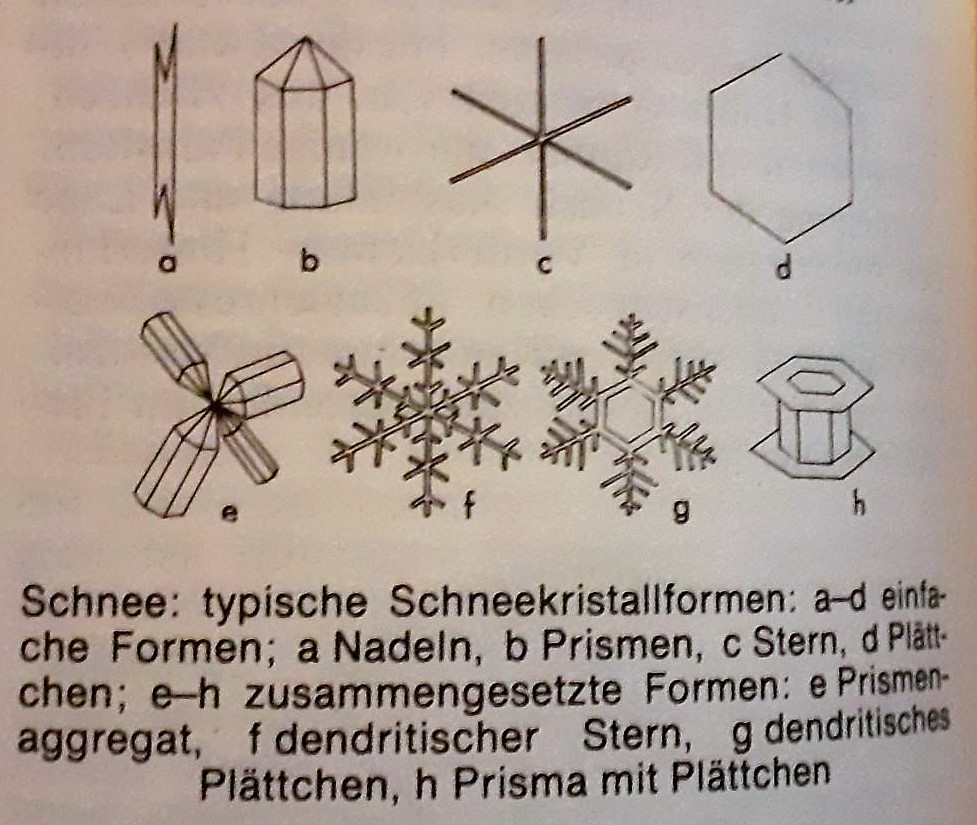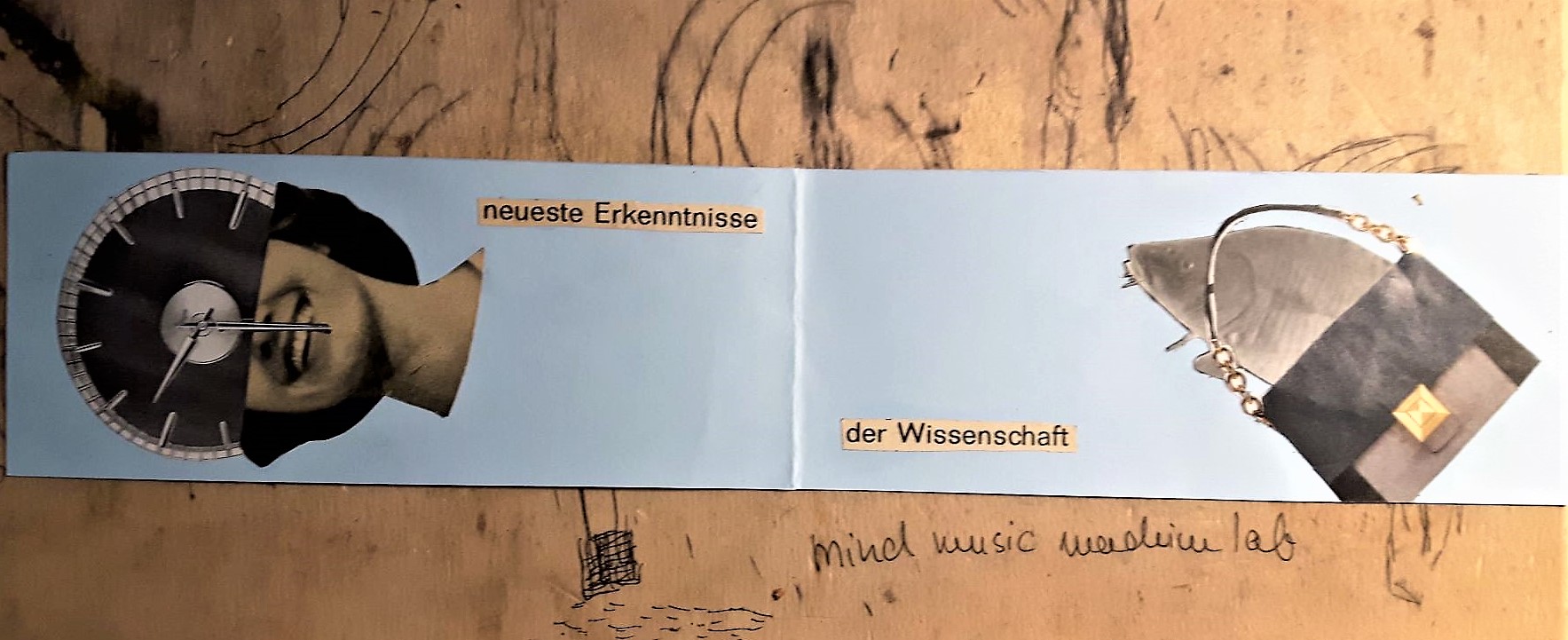
”Knowledge is [ . . . ] not an ordinary commodity. The attribution of a monetary value, privatisation and commercialization don’t make sense in the case of knowledge and contradict it’s very essence. But knowledge is allegedly the oil of the 21st century.”
Dillemuth, Stephan. The Hard Way to Enlightment. In Artistic Research. Texte zur Kunst 82, Berlin, 2011. p 94

Wissen ist [ . . . ] keine gewöhnliche Ware: Die Zuweisung eines Geldwertes, Privatisierung und Kommerzialisierung sind für Wissen unsinnig und widersprechen seinem inneren Kern. Doch angeblich ist Wissen das Öl des 21. Jahrhunderts.




